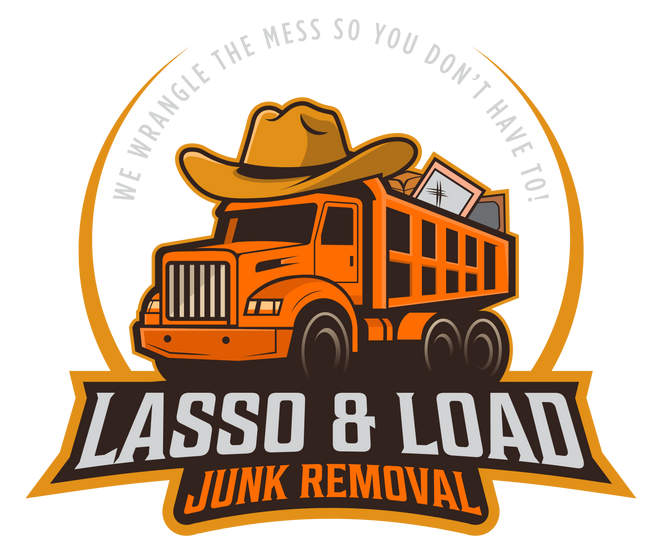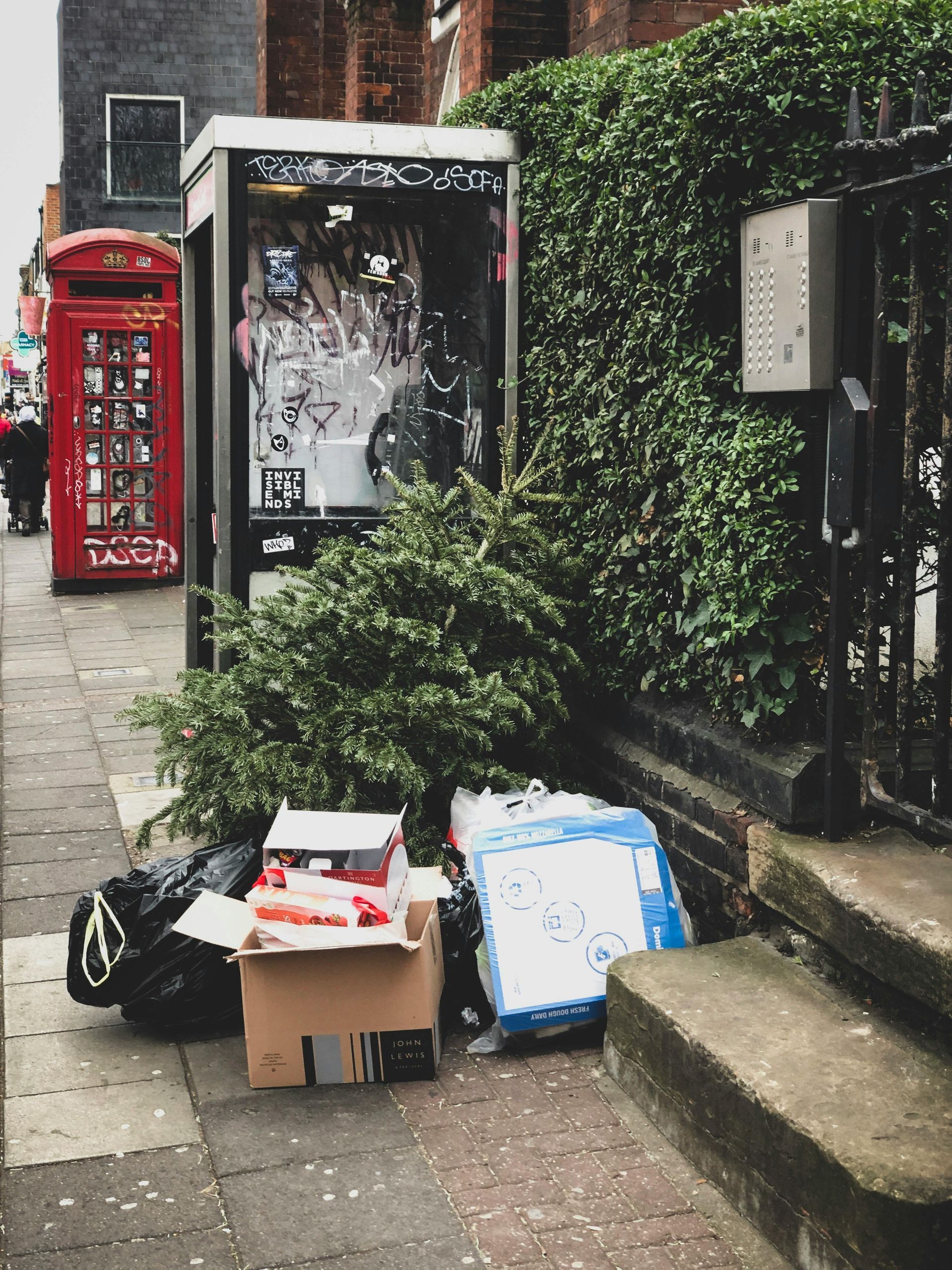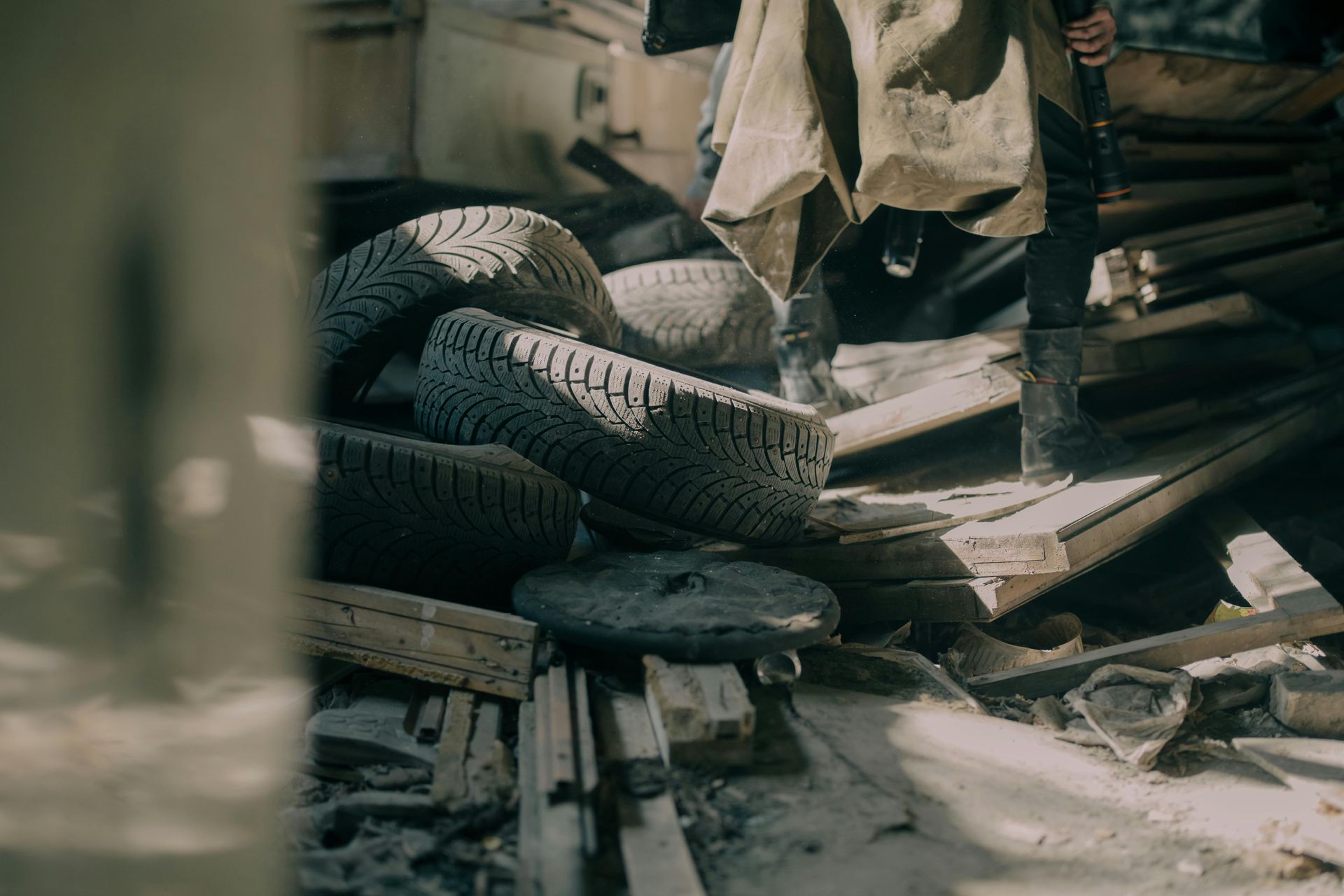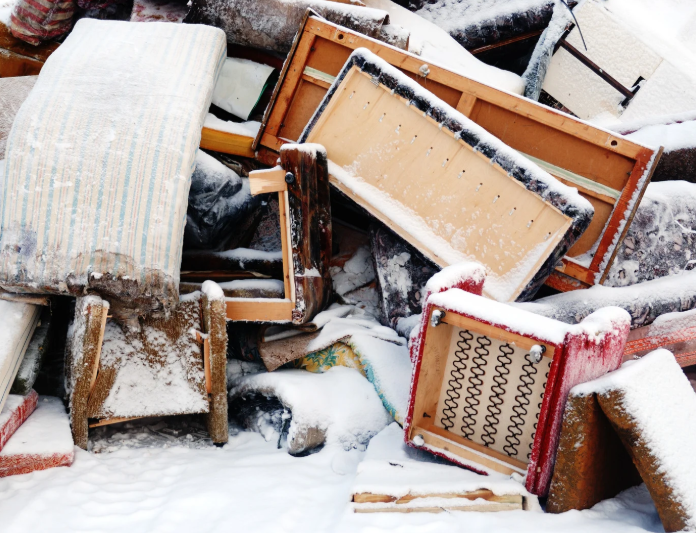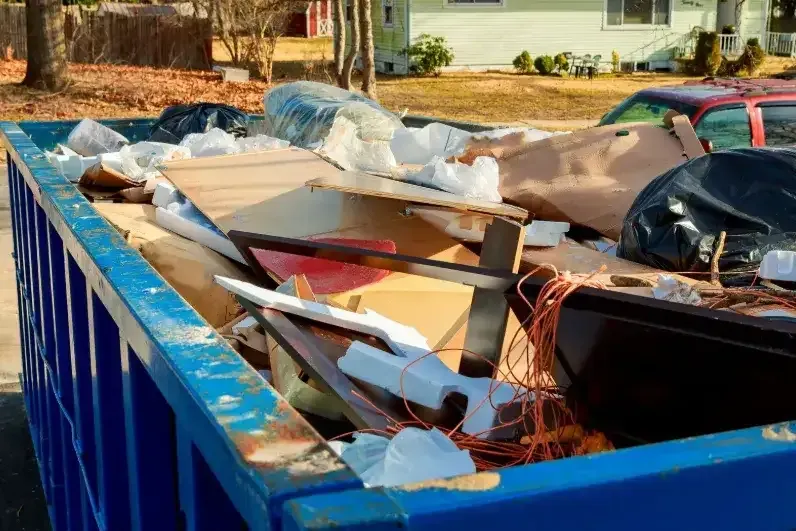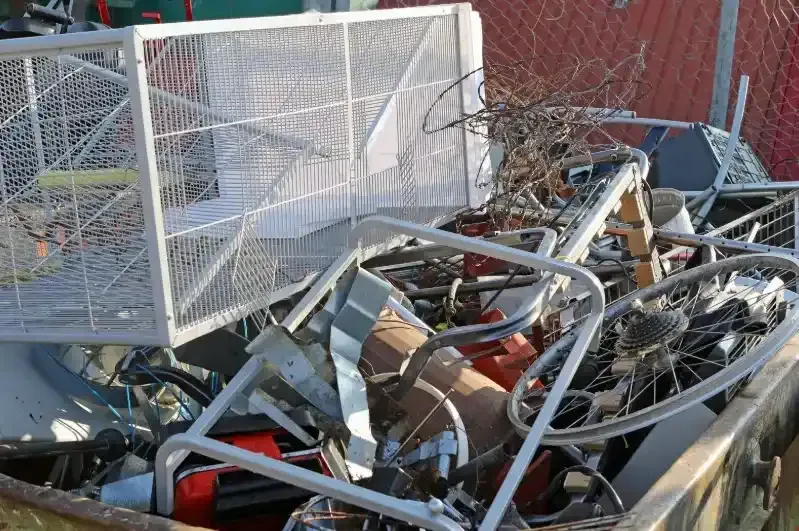The Environmental Benefits of Donating Items Instead of Throwing Them Away
In today’s world, where conversations around sustainability are finally being taken seriously, our individual choices are more important than ever. One of the most overlooked yet impactful decisions we face is what to do with items we no longer need. Whether it's old furniture, clothing, electronics, or household goods, too many of these items end up in landfills—left to rot and release harmful pollutants into the air and soil.
While it might feel easier to simply toss something away, taking the extra step to donate instead can create a ripple effect of environmental good. Donating helps extend the lifecycle of products, reduces the strain on natural resources, and cuts down on pollution caused by manufacturing new items.
Understanding the Environmental Impact of Waste
Waste isn’t just an eyesore—it’s a growing environmental crisis. Every year, landfills across the globe swell with millions of tons of trash. Much of this waste consists of items that are still usable: working electronics, gently worn clothes, perfectly good furniture. Instead of being reused or rehomed, they’re buried and forgotten. But what’s out of sight isn’t out of mind. As these items break down—often over decades or centuries—they release toxic substances and greenhouse gases. Take textiles, for example: they can sit in landfills for years, slowly decomposing and emitting methane, one of the most damaging greenhouse gases.
The damage doesn’t stop there. Rainwater filtering through waste carries pollutants into nearby groundwater, harming local ecosystems. By choosing to donate rather than discard, we actively reduce the volume of landfill waste, cut down on greenhouse gas emissions, and help ease the strain on our already overburdened waste systems. It’s a powerful way to minimize our footprint and keep usable goods in circulation rather than buried in the ground.
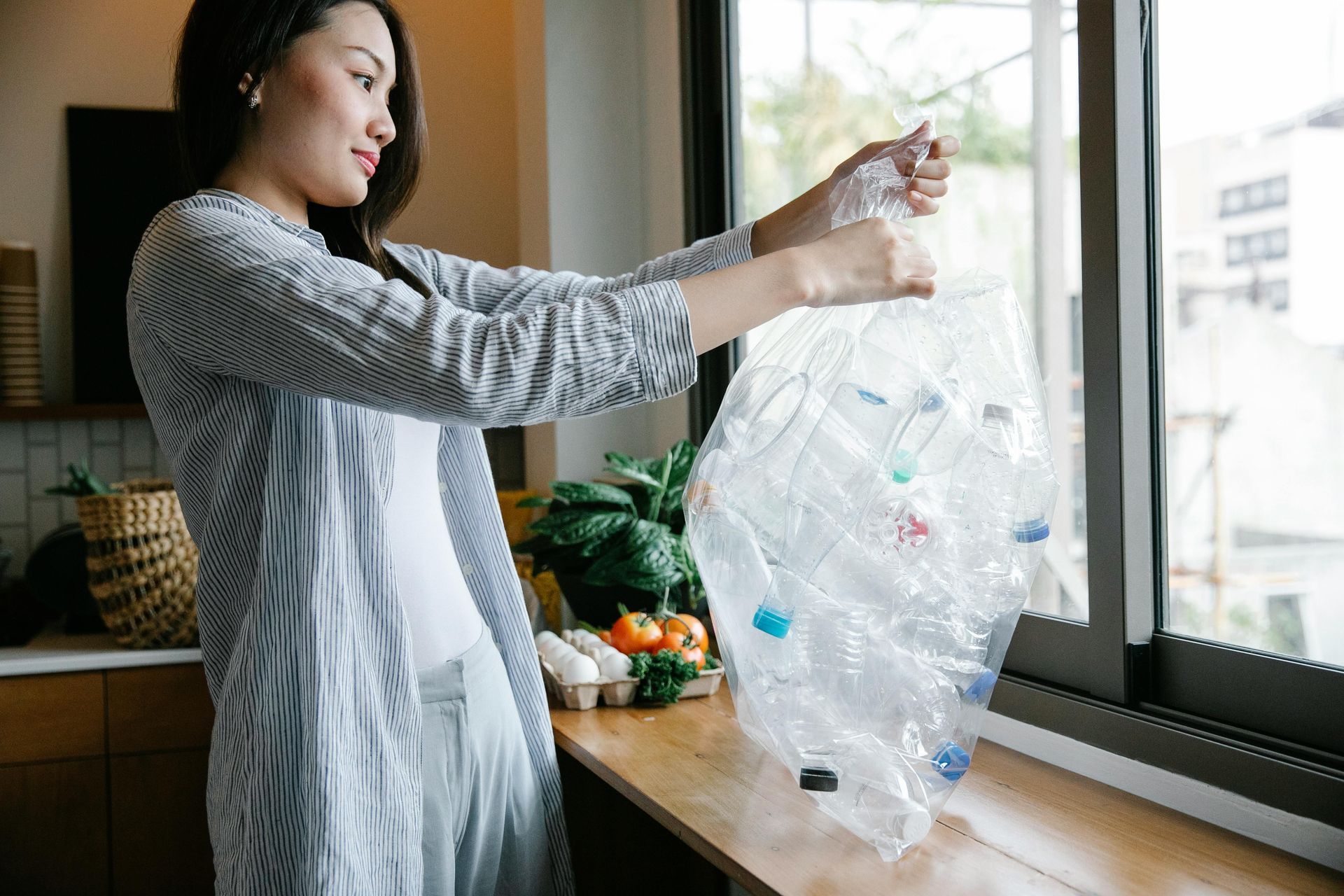
The Power of Reuse
There’s something beautifully simple about reuse—it gives items a second life while demanding nothing new from nature. When you donate something you no longer need, whether it’s a dining chair, a bookshelf, or an extra winter coat, you offer someone else the chance to use it, benefit from it, and enjoy it. That one act of donation means one less product being manufactured from scratch. It translates into fewer trees harvested for wood, less water drained during production, and lower emissions from factories.
Consider the energy it takes to create a single piece of furniture: transporting raw materials, powering machinery, packaging, and shipping. Now imagine eliminating that entire chain by passing an item on to someone who needs it. Reuse doesn't just delay disposal—it challenges the fast-paced, disposable culture we’ve become used to. It reminds us that just because we’re done with something doesn’t mean it has no value. In this small but mighty way, reuse helps stretch the usefulness of what we already have and reduces the overall burden on the environment.
Conserving Natural Resources
Every new item that’s manufactured comes with a hidden cost: the raw materials extracted from our planet. These include finite resources like trees for paper products, petroleum for plastics, rare metals for electronics, and immense volumes of water for textiles. When we constantly demand new items, we also demand more of these raw materials—many of which are being depleted faster than they can naturally regenerate. Consider clothing: the fashion industry alone is one of the largest consumers of water globally. It can take over 2,000 gallons of water to make a single pair of jeans.
Now multiply that by millions. By donating our clothes instead of discarding them, we’re reducing the need to manufacture more, thereby sparing natural resources from being consumed. It’s a direct and impactful way to lessen environmental strain. Whether it’s a hand-me-down jacket or a kitchen appliance, keeping items in use reduces the pressure on mining, logging, and water systems. Donating is more than generosity—it’s resource conservation in action.
Reducing Pollution
Every item produced carries with it a trail of pollution—some visible, much of it hidden. From the smog rising out of factory chimneys to chemical run-offs seeping into rivers, the creation of new goods comes with a price. The manufacturing process releases harmful pollutants into the air, soil, and waterways, affecting not only the environment but also the health of nearby communities. When you donate used items instead of buying or producing new ones, you’re cutting off the need for another round of production.
That means fewer chemicals, less smoke, and less toxic waste entering our ecosystems. The ripple effect is significant. Cleaner air reduces respiratory problems in communities, and cleaner water safeguards aquatic life and human health. The fewer items we need to manufacture, the less demand we place on polluting industries. Donating isn't just a feel-good act—it’s a tangible way to help reduce environmental degradation. It's about shifting the equation so we’re creating less and preserving more of what truly matters.
Supporting the Circular Economy
Imagine a world where waste doesn’t exist—only resources in transition. That’s the principle behind the circular economy. Unlike the traditional “take, make, dispose” model that encourages rapid consumption and waste, a circular economy focuses on keeping products in circulation through reuse, refurbishment, and recycling. Donating fits perfectly into this system. When you donate an item, you’re extending its lifecycle, keeping it out of the landfill, and allowing it to provide value to someone else.
This keeps resources moving within the economy instead of being prematurely discarded. It's a smarter, more sustainable way to consume. Every item that’s reused saves the need for new resources to be extracted and processed. The circular economy isn't about giving things up; it’s about using things better. By donating instead of discarding, you’re participating in a system that prioritizes efficiency, responsibility, and sustainability. And as more individuals and businesses adopt this approach, we begin to shift entire industries toward models that are not just profitable—but also planet-friendly.
Encouraging Sustainable Consumption
Our culture has been conditioned to crave the new—the latest phone, the trendiest jacket, the next big thing. But this constant chase comes at a high environmental cost. Donating used goods helps interrupt this cycle of overconsumption. It opens the door to a more thoughtful way of living, where people recognize the value in what already exists. When people shop second-hand or accept donated goods, they make a conscious decision to reject wastefulness.
This change in mindset encourages businesses to reconsider their production models and may even slow down the rapid turnover of goods. It’s about flipping the script: instead of always buying new, we begin to prioritize durability, quality, and reuse. The ripple effect is massive. Reduced demand for new items means fewer factories operating at full tilt, fewer resources being mined, and fewer emissions being pumped into the atmosphere. Donating promotes not just sustainability—it inspires it. And in time, that influence spreads, reshaping habits, communities, and industries.
Mitigating Climate Change
Climate change isn’t some distant threat—it’s here, and it's happening faster than most predicted. While it may seem that one person’s choices can’t possibly slow a global crisis, the collective impact of those choices is undeniable. Every product we buy carries a carbon footprint. From the moment raw materials are extracted to the day it reaches your doorstep, greenhouse gases are emitted along the way. Manufacturing, transportation, packaging, and disposal—all contribute to climate change.
By choosing to donate instead of discard, and by supporting the reuse of goods, we reduce the need for new production cycles. That’s fewer emissions entering the atmosphere. It's a practical, everyday way to combat a complex global issue. And when entire communities embrace donation over disposal, the effect multiplies. Less demand means less production, which means less pollution. It’s a chain reaction with the power to shift the trajectory of our planet’s health. Climate change may be daunting, but your next donation? That’s a start toward a cooler, cleaner future.
Promoting Community Well-being
Donating isn’t just an environmental act—it’s also a deeply human one. Items you no longer need could become essentials for someone else: a warm coat during winter, a set of dishes for a new apartment, a bed for a child. When we donate, we support more than sustainability—we support stability, dignity, and community strength. This ripple of kindness strengthens the social fabric, especially when donations support local shelters, nonprofits, and low-income families.
And from an environmental standpoint, donated goods are put to use, not left to pollute the earth. The result is a double benefit: less waste and stronger, more resilient communities. It’s a rare example of how environmental responsibility and human compassion can overlap perfectly. When donation becomes second nature, neighborhoods thrive, people help each other more, and fewer usable items are treated as trash. That’s the kind of impact that transcends simple charity—it becomes a form of collective care, both for each other and the planet we all share.
Conclusion
Choosing to donate items instead of discarding them is a small act that carries a powerful environmental and social impact. Each donated item helps conserve precious natural resources, reduce landfill waste, lower greenhouse gas emissions, and minimize pollution.
If you're in Gwinnett County and have gently used items cluttering your space, Lasso & Load Junk Removal can help. Their professional junk removal services prioritize sustainability by ensuring usable items are donated or recycled whenever possible. It’s a hassle-free way to clear out your home or business while doing good for the planet and your community. Don’t let your items go to waste—give them a second life. Call Lasso & Load Junk Removal at 404-227-2017 or email Lauren.renwickk@gmail.com to schedule a pickup and start making a positive impact today.
